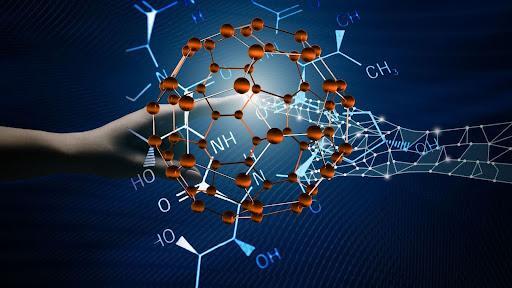
Study Uncovers Artificial Intelligence’s Scientific Lab Challenges
Artificial intelligence (AI) has been touted as the future of scientific research, promising to revolutionize the way we conduct experiments, analyze data, and make groundbreaking discoveries. However, a recent study has shed light on the limitations of AI in the scientific lab, suggesting that current AI systems rely more on pattern matching than deep scientific understanding.
The study, published in the MaCBench benchmark, assessed the performance of AI-powered scientific assistants in a range of chemistry-related tasks. The results were eye-opening, revealing that AI performs well when it comes to identifying lab equipment, but struggles with complex spatial reasoning and multi-step logical inference.
The MaCBench benchmark is a new and innovative tool designed to evaluate the capabilities of AI-powered scientific assistants. By assessing their performance in a range of tasks, the benchmark aims to identify areas where AI needs to improve in order to become truly useful tools for scientists.
The study’s findings are significant, as they highlight the limitations of current AI systems in the scientific lab. While AI can be incredibly useful for tasks such as data analysis and literature review, it is clear that there are still many areas where human scientists are needed.
One of the key challenges facing AI-powered scientific assistants is the need for complex spatial reasoning. In the lab, scientists often need to visualize complex molecular structures and understand how they interact with each other. This requires a deep understanding of spatial relationships and geometry, which is currently beyond the capabilities of most AI systems.
Another area where AI struggles is in multi-step logical inference. In scientific research, it is often necessary to follow complex chains of reasoning in order to draw conclusions about experimental results. This requires the ability to understand the relationships between different pieces of information and to make logical connections between them. Again, this is an area where current AI systems fall short.
The study’s findings raise important questions about the future of AI in the scientific lab. If AI is unable to perform tasks that require complex spatial reasoning and multi-step logical inference, what role will it play in the scientific process?
One possibility is that AI will be used as a tool to assist human scientists, rather than replacing them. By automating routine tasks such as data analysis and literature review, AI could free up human scientists to focus on the more creative and challenging aspects of research.
Another possibility is that AI will continue to evolve and improve, eventually reaching a point where it is able to perform tasks that currently require human intelligence. This could potentially lead to significant breakthroughs in fields such as medicine and materials science, where the ability to analyze complex data and make logical connections is critical.
The study’s findings also highlight the need for further research into the development of AI-powered scientific assistants. By understanding the limitations of current AI systems, researchers can develop new and innovative approaches to AI-powered scientific research.
In conclusion, the study’s findings are a wake-up call for the scientific community. While AI has the potential to revolutionize the way we conduct scientific research, it is clear that there are still many areas where human scientists are needed. By understanding the limitations of current AI systems and continuing to develop new and innovative approaches to AI-powered scientific research, we can unlock the full potential of AI and create truly intelligent scientific assistants.
Source:
https://researchmatters.in/news/macbench-new-benchmark-assess-ai-powered-scientific-assistants






